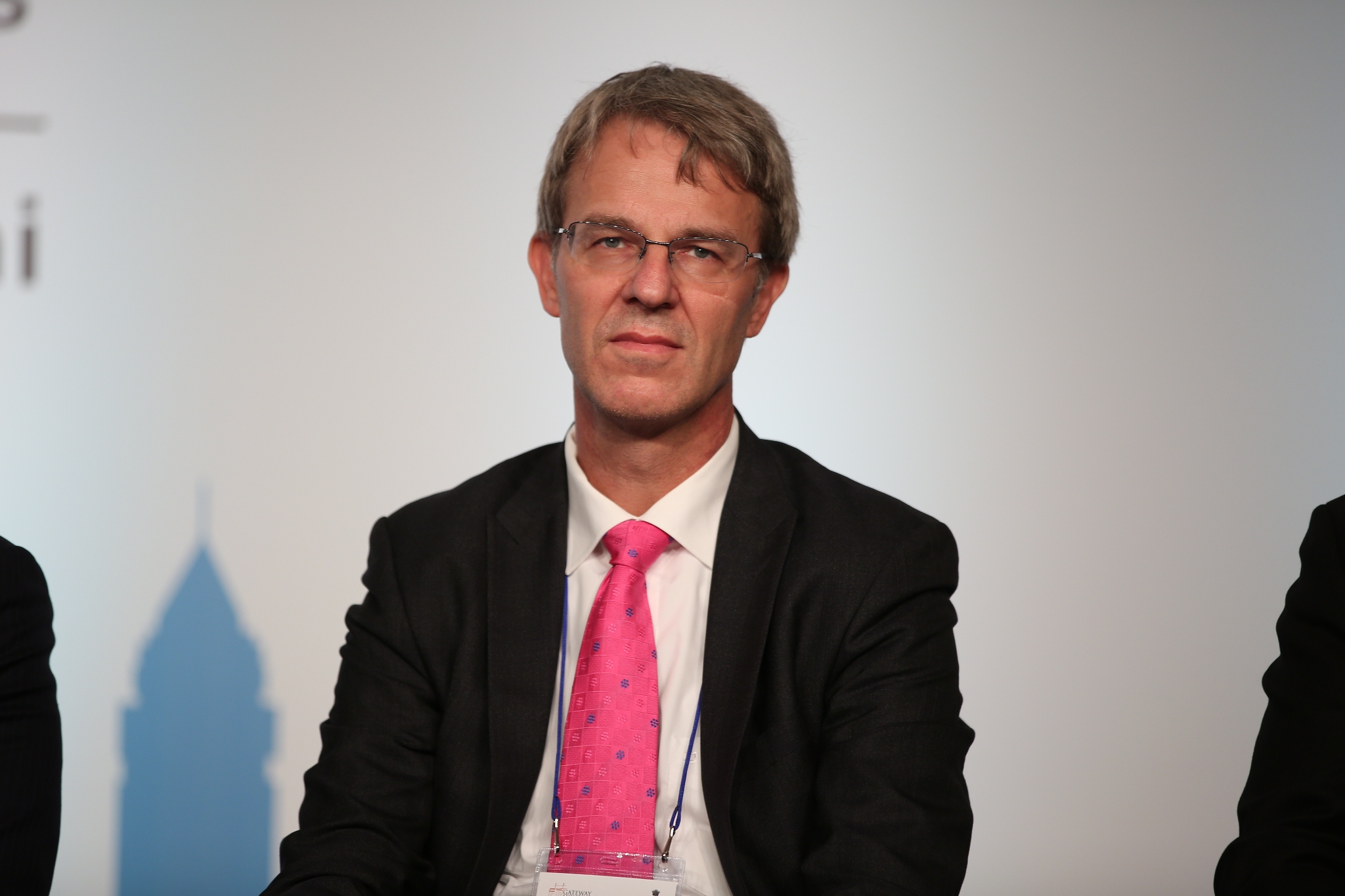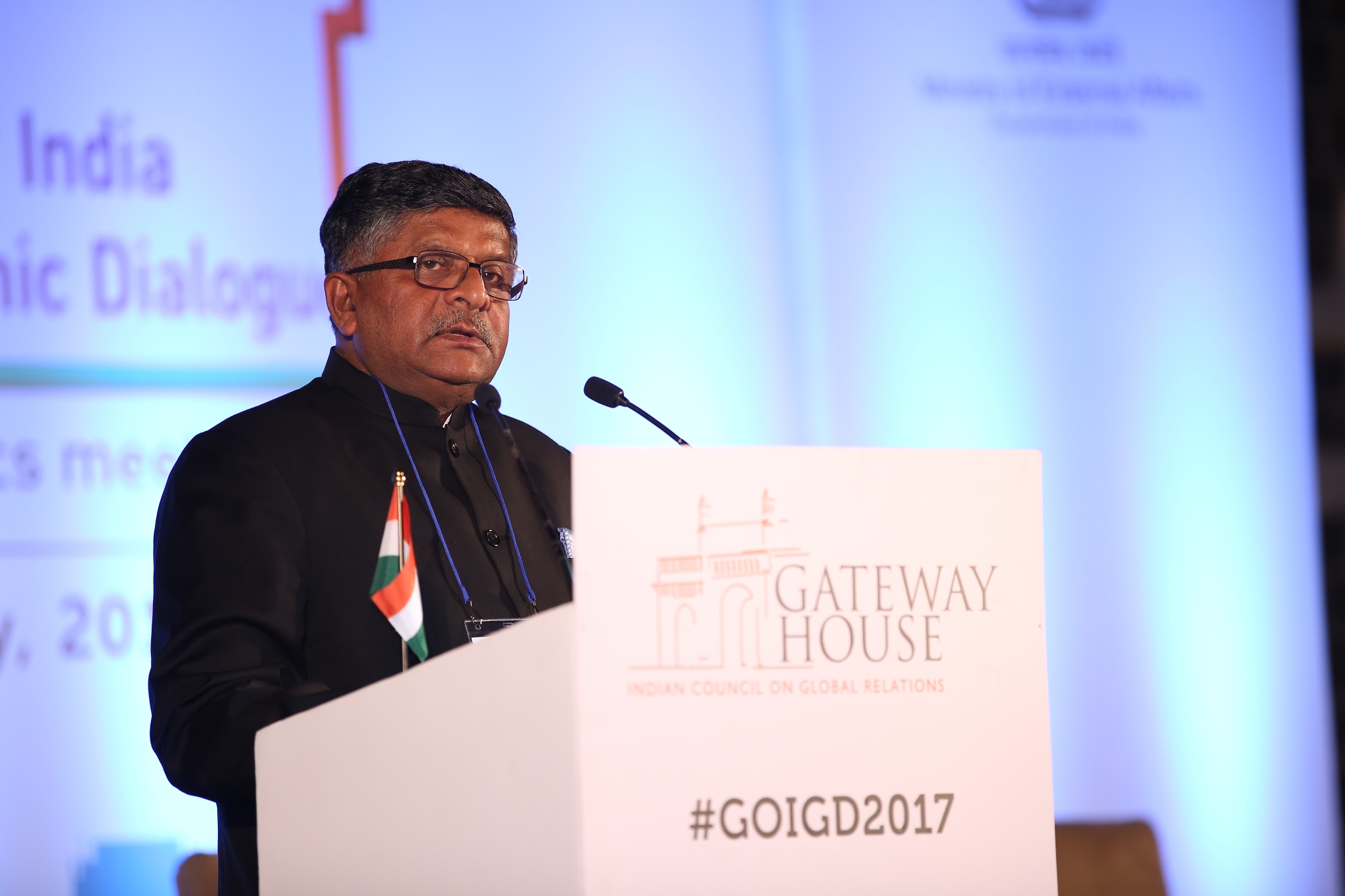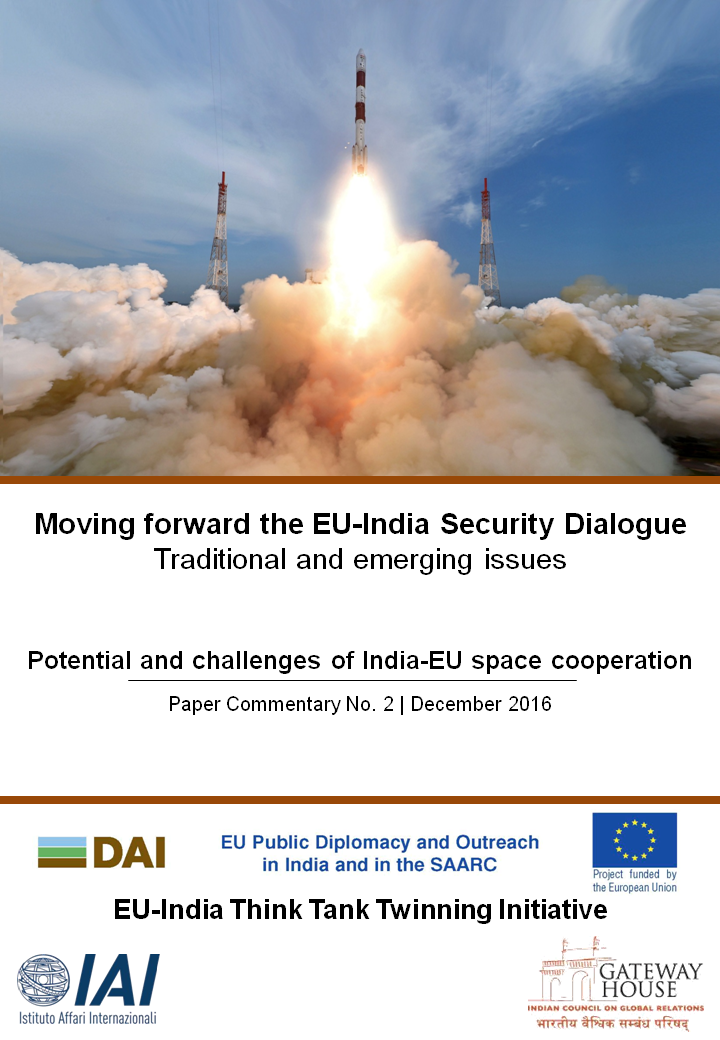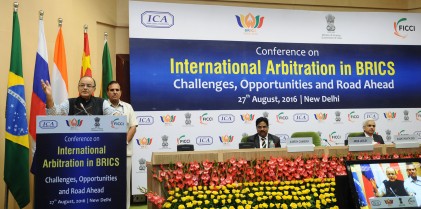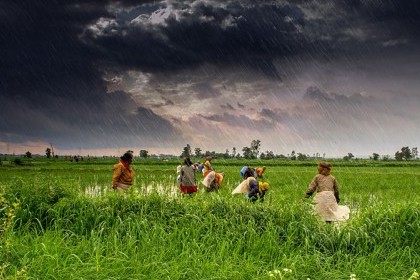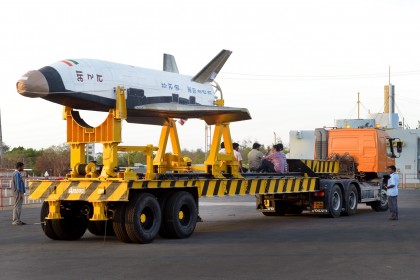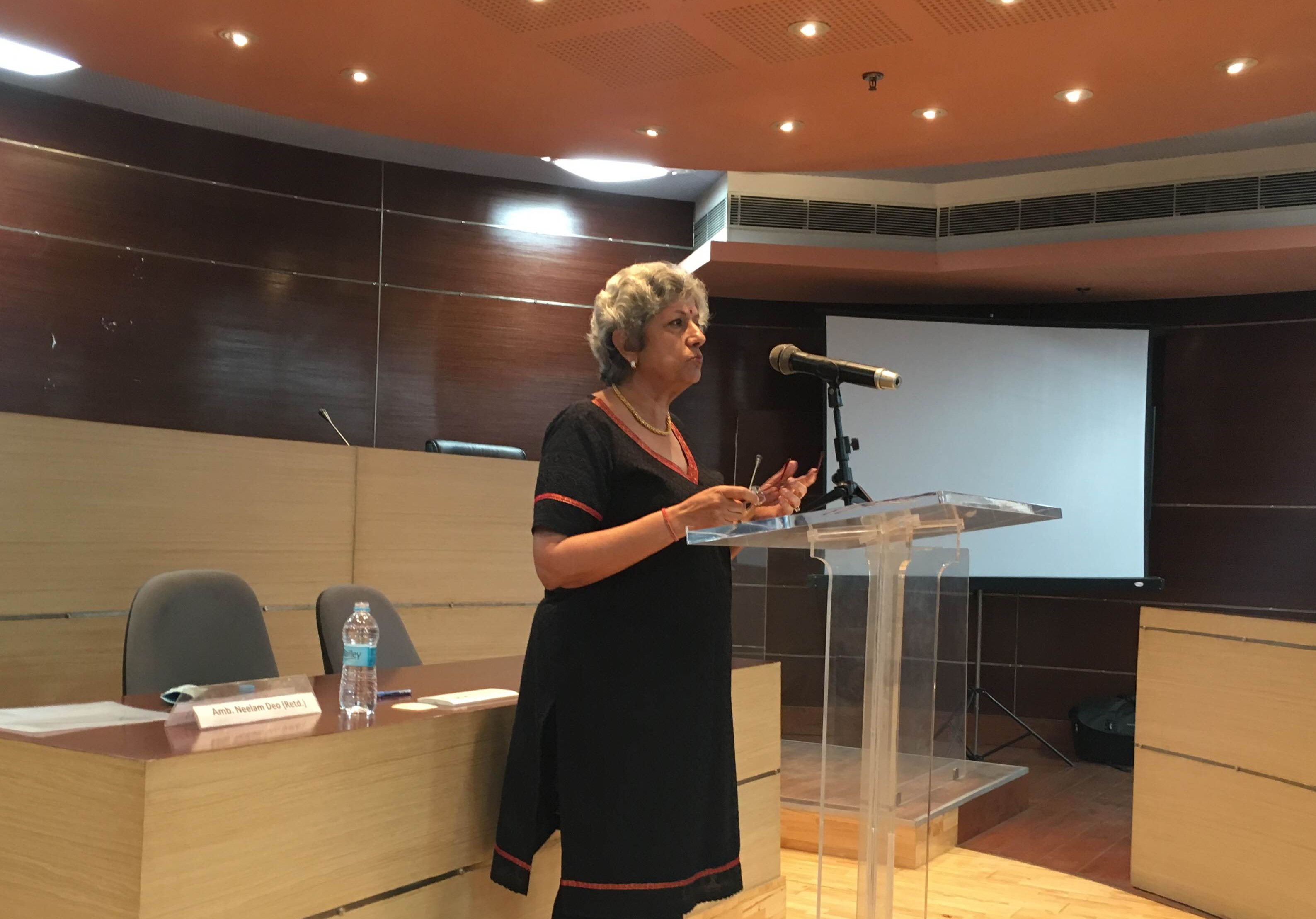Reversal of brain-drain and the importance of Innovations Clusters
Clas Neumann in his interview envisions the new type of globalisation that the digital economy has created. The increase in distribution of work and revolution of global supply chains. He discusses the winners and losers of the changes in the H1B visa systems, specifically the brain drain reversal, and the alterations the Indian business model needs to make to adjust to these changes. He further emphasises on the idea that for technology companies to foster and develop, their closeness to "innovation clusters" is most important. And describes the role of governments in enabling the cultivating of digital spaces and digital cities.

